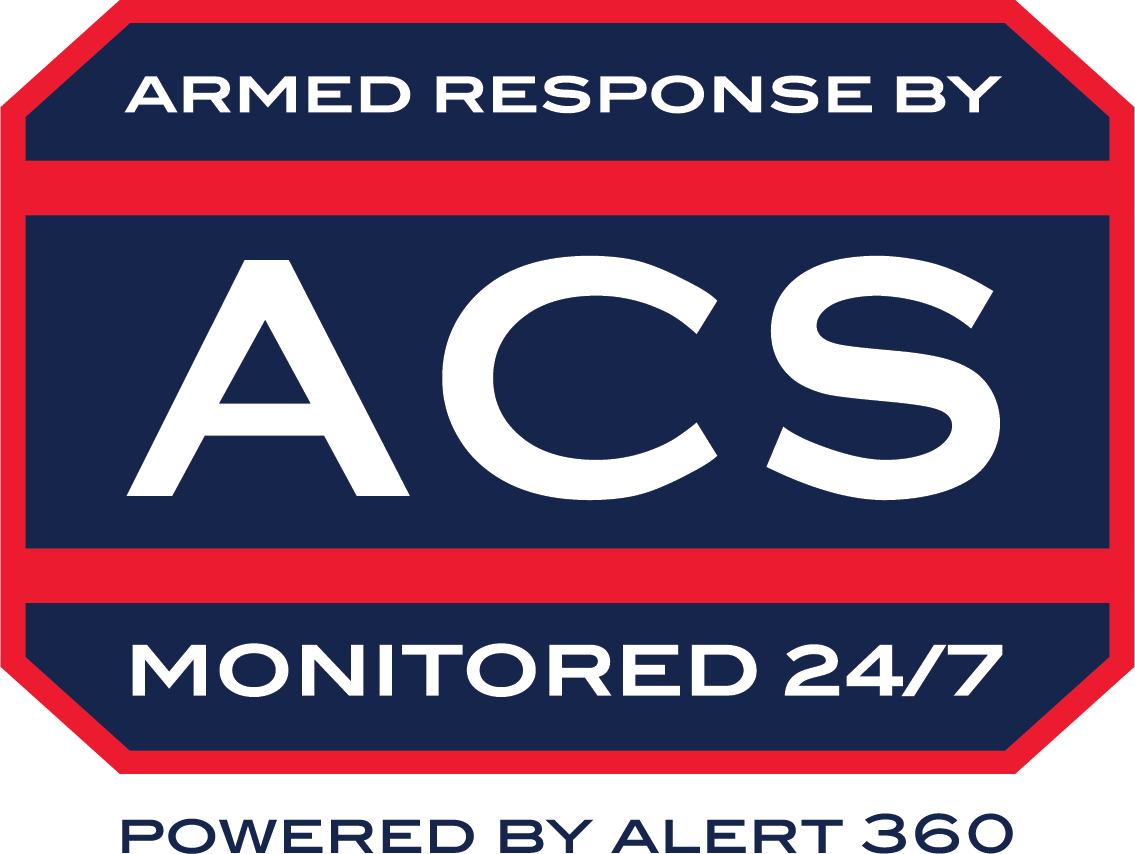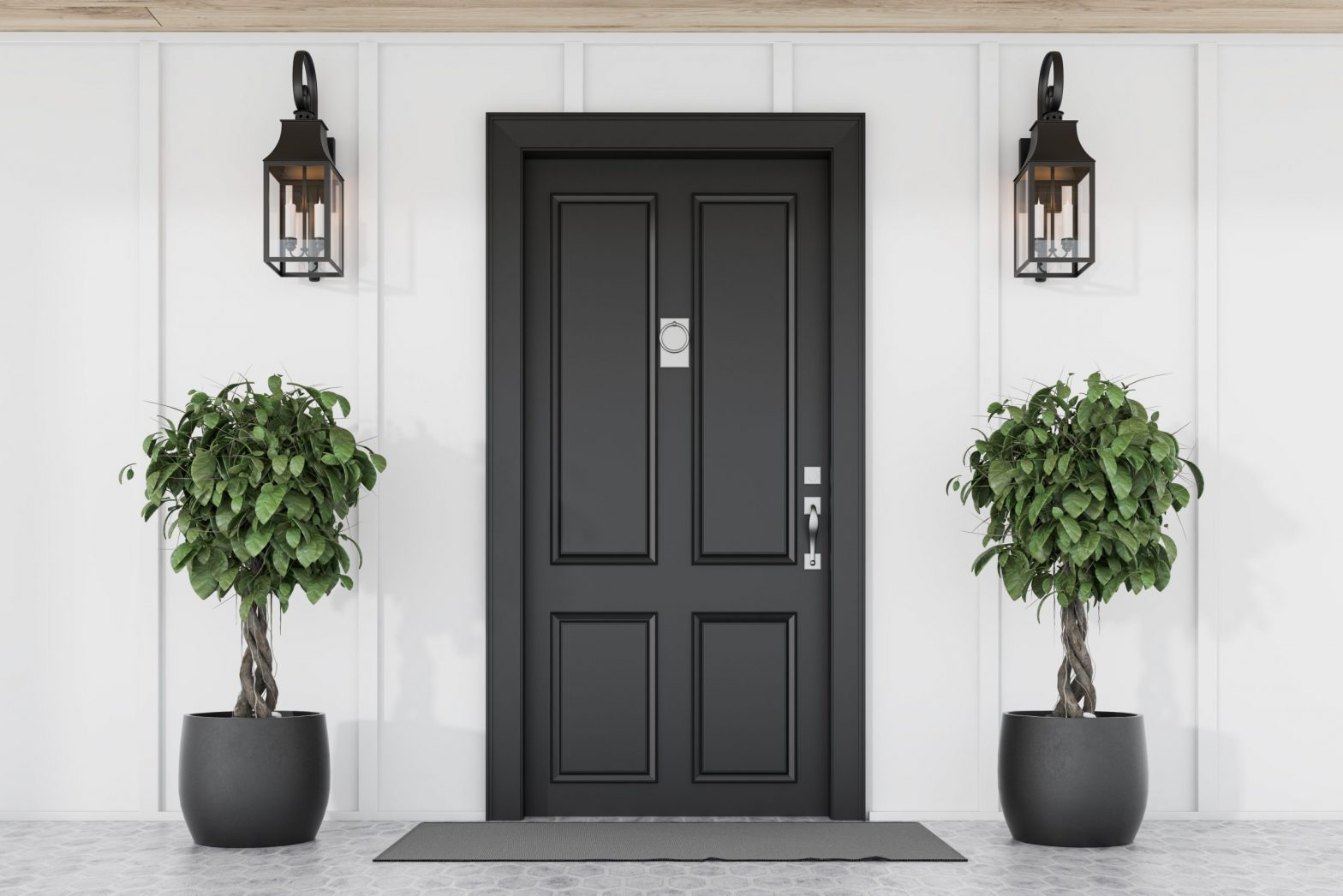
In late 2019, there have been at least four notable cases of hacking into do-it-yourself security systems. So you may be left wondering if your home security system is vulnerable to hackers.
The last thing you want from your security system is to leave you insecure. While you can never be failsafe in protecting your home security system, these hacks can be preventable if you take the necessary steps.
Here are a number of measures that you can take to better ensure your security system’s safety.
Secure your home network from hackers.
Most modern security systems are reliant on your home network and WiFi. Make sure your wireless network is password protected and not open for others to access. Utilize a private network and a hidden SSID (service set identifier) if possible.
Next, ensure your router’s security by updating its login credentials and firmware often. You also can turn off unneeded router features – i.e. Remote Administration and Universal Plug and Play (UPnP) and use effective encryption such as WPA3 or WPA2.
Use strong passwords and change them regularly.
Hackers use usernames and passwords from other data breaches to gain access to accounts. In recent years, hackers have made login credentials for over 8.2 billion online accounts available to the internet.
Make sure that your username and password that you use for your security system is unique. The same goes for your wireless network.
Using the same username and password across multiple services leaves you highly vulnerable. And avoid reusing old passwords because you never know if these have been compromised in a previous data breach.
Create a strong password using a combination of letters (uppercase and lowercase), numbers, and symbols. Be sure to avoid using any personally identifiable information in passwords such as your name or birthdate. Hackers can readily access this kind of information, making it easier for them to get into your account.
Finally, it’s best practice to change your passwords regularly. Doing so makes it harder for attackers to get into your system if your data has been breached.
A great way to create new or change login credentials (usernames and passwords) is with Keeper. This password management platform offers protection from password-related data breaches and cyber threats.
Apply Two-Factor authentications for all mobile and web-based applications.
Two-Factor Authentication adds an additional layer of security by prompting you to enter a code you receive as a text message or email on top of your usual login credentials. So even if someone manages to get your login credentials, it will be impossible for them to get into your account without having full access to your phone or computer.
Set up unique log-ins for anyone using your home security system to enter your home.
Using one log-in for all of the users of your home security system creates a larger security risk. Make sure every user in your home has a unique username and password to reduce this vulnerability.
Turn on and check notifications as often as possible.
System Alert Notifications in the Alarm.com app will notify ACS customers when someone has unsuccessfully tried to log in to their account. In the future, notifications will trigger if someone logs in with a new device.
If you received one of these notifications, change your password immediately.
Update your security cameras.
Ensure your cameras’ safety by regularly updating the software, firmware, and camera model, which one of our technicians will be happy to troubleshoot for you.
Do not visit insecure websites.
Sites with too many ads and pop-ups are a breeding ground for hackers to pounce and invade your security network. Enable ad blockers or highly-rated anti-virus/anti-malware programs to limit these instances.
When visiting websites, also ensure that you are visiting them under the HTTPS protocol instead of HTTP. The difference is that HTTPS protocols have an extra layer of security called an SSL (secure sockets layer) certificate, which can protect private information from hackers.
How does ACS make sure my home security system is safe?
At ACS Security, it’s our job to secure what matters most. Our technology, powered by Alarm.com, is regularly tested by third-party security professionals to ensure the highest levels of protection.
We take these steps to protect your home security system:
- Require strong passwords. Your security system password must be at least 7 characters and include at least one letter and one number.
- Encourage users to opt into Alarm.com’s Two-Factor Authentication and System Alert Notifications.
- Offer unique log-ins for accounts with multiple users.
- Lock your account after 9 unsuccessful log-in attempts. At that point, you or the account holder need to call ACS to change the password.
- Encrypt video streams to ensure no one can gain access to your video through your Wi-Fi network, this can only happen if they gain access to your Alarm.com account.
Contact ACS Security today to learn how we can provide the peace of mind your home or business needs.

